Best Antioxidants For Skin: 10 Essential Ingredients
Arm yourself with the molecules that empower your body's defense system against oxidative stress.
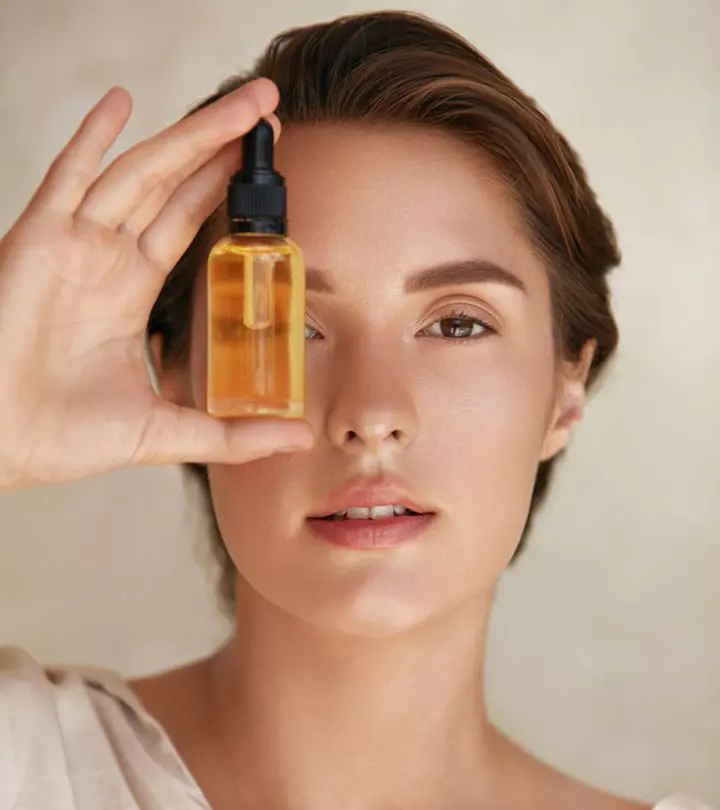
Image: Shutterstock
Retinol, curcumin, resveratrol, and green tea extract are all used in skin care products. These are popular antioxidants for skin-related issues. Antioxidants neutralize free radicals that can lead to premature aging and damage your skin in many ways. If you include these antioxidants in your skin care or diet, you can maintain your skin health and reduce the signs of aging. But, how do antioxidants improve skin health? Are they worth the hype? This article discusses why antioxidants are crucial for your skin, their benefits, and their side effects and help you choose the best. Keep reading to know more about them.

In This Article
Why Are Antioxidants Essential For Skin?
The benefits of antioxidants are manifold. Antioxidants protect the skin from premature aging by capturing excess free radicals during oxidative stress (1). Free radicals (unstable molecules with missing electrons) are normally produced during bodily functions such as cellular respiration or from external triggers like pollution, UV rays, medication, and radiation (2).
Although free radicals are essential for the body’s immune response, excess of these molecules can cause inflammation and damage healthy cells (2). Hence, it is important to counteract their effects with antioxidants. Research has shown that including antioxidants in ones diet and using them topically from skincare products can fight free radicals and oxidative stress (1).
In the next section, we discuss how antioxidants can benefit skin health.
- Protect The Skin From Photodamage: Antioxidants prevent and repair the skin damage caused by UV rays (1). A double-blind, randomized study published in the Journal Of Photochemistry and Photobiology has demonstrated that applied antioxidants such as grape seed extract, vitamin E, ubiquinone, and vitamin C, along with the use of sunscreen, effectively protected human skin against IRA (Infrared A radiation) (3). Thus, antioxidants offer partial protection from sunburns and UV rays.
- Fight The Early Signs Of Aging: Vitamin A or retinoids, vitamin C, and vitamin E are used to reduce the early signs of photoaging (4). These antioxidants help stimulate collagen production and improve skin elasticity and firmness. This gives you a more youthful look (4). They help reduce the appearance of fine lines and wrinkles.
- Help Treat Acne-Prone Skin: Retinoids are vitamin A derivatives popularly prescribed to manage acne (5). The American Academy of Dermatology (AAD) approves the use of retinoids to fight acne and related issues (6). It is speculated that these antioxidants help reduce acne due to their comedolytic and anti-inflammatory properties (5).
- Help Skin Repair Itself: The anti-inflammatory properties of antioxidants help skin repair and rejuvenate itself. Antioxidants boost the production of collagen that helps in skin cell regeneration (7).
- Help Brighten Skin Tone: Vitamin C helps in skin brightening by reducing hyperpigmentation (8). It reduces the rate of melanin (the pigment responsible for skin color) formation by inhibiting the enzyme tyrosinase (8). Ferulic acid is another antioxidant that may help in skin brightening (9).
- May Help Reduce Skin Cancer Risk: Animal studies found that Vitamin A derivative inhibited the growth of skin papillomas and skin cancer (10). Green tea and beta-carotene were powerful antioxidants that helped in fighting cancer (10).
There is no doubt that antioxidants are vital for healthy skin. In the next section, we discuss a few popular antioxidants and how they can help promote your skin health.
Key Takeaways
- Antioxidants protect the skin from premature aging by capturing excess free radicals.
- Vitamin E reduces the appearance of fine lines, wrinkles, stretch marks, and age spots.
- Curcumin helps manage skin conditions like psoriasis and skin inflammation.
The Best Antioxidants For Your Skin Needs
1. Vitamin C
What It Does
- Vitamin C helps promote the formation of the epidermal barrier (4). This barrier protects the body from pathogens, toxins, and water loss.
- It also boosts collagen production and makes skin plump and supple (4).
- It prevents skin oxidation and protects the skin from sun damage (4).
- It delays the signs of aging by reducing the appearance of fine lines and wrinkles (4).
- It reduces hyperpigmentation by fading dark spots and making the skin tone even (8). It may also lighten melasma (4).
 Trivia
TriviaBest Use
- Skin brightening
2. Retinol (Vitamin A)
What It Does
- Increases healthy cellular turnover (4). Its small size is an obvious advantage as it can easily penetrate the cells and accelerate cell repair and renewal. It gently exfoliates the dull upper layers of the skin and reveals new skin cells. It helps smoothen the skin and minimizes the appearance of wrinkles and fine lines.
- It also makes skin firmer and supple (4).
- It regulates the function of the sebaceous glands and limits sebum production. It also helps balance the oil production and reduces acne scars (4).
- It improves complexion by influencing the distribution of melanin in the skin (4). It helps reduce hyperpigmentation, acne spots, and scars.
Best Use
- Acne Management
3. Vitamin E
What It Does
- Vitamin E (tocopherol) is an antioxidant that moisturizes and nourishes dry skin.
- It helps the skin look younger by boosting collagen production and reducing the appearance of fine lines, wrinkles, stretch marks, and age spots (4), (11).
- Makes the skin firm and supple by improving its elasticity (4).
- Protects the skin from photodamage (4).
Best Use
- Moisturizing
4. Resveratrol
What It Does
- Resveratrol protects against UVB-induced photodamage (12). This antioxidant is found in grapes, berries, and dark chocolate. It protects the skin from sun damage by fighting free radicals.
- It reduces pigmentation and helps brighten the skin complexion as well as improves the skin texture (12).
- It prevents collagen degradation. As we age, the rate of collagen production reduces. This antioxidant keeps the collagen from degrading quickly and helps delay the aging process (12).
- It also has anti-inflammatory and anti-microbial properties (13). It can help soothe skin irritation, redness, and inflammation.
Best Use
- Anti-aging
5. Co-enzyme Q10 or Ubiquinone / CoQ10
What It Does
- It protects the skin from free radicals (14). It scavenges the free radicals from metabolic processes and helps fight oxidative stress.
- It helps maintain a healthy skin barrier (14). This antioxidant is found in the skin barrier and helps defend the body from pathogens, toxins, and allergens.
- It prevents collagen breakdown (15). Co-enzyme Q10 suppresses an enzyme called collagenase responsible for the breakdown of collagen. The antioxidant helps keep the skin firm and healthy for longer.
- It improves skin tone by reducing pigmentation (16).
Best Use
- Anti-aging
6. Vitamin B3 (Niacinamide)
What It Does
- Niacinamide (vitamin B3) has potent anti-inflammatory and depigmenting properties (17). It helps improve the texture and tone of the skin. It is known to reduce brown spots, hyperpigmentation, and skin redness (18). It soothes the skin and is recommended for treating skin conditions such as rosacea.
- Niacinamide helps reduce fine lines and wrinkles by improving skin elasticity (18).
- It makes skin soft and radiant.
Best Use
- Improves skin tone and texture
 Pro Tip
Pro Tip7. Ferulic Acid
What It Does
- Topical ferulic acid may protect against sun damage (9).
- It also helps in skin repair and wound healing (9). It protects the skin cells by preventing the degradation of enzymes that are vital for skin health.
- It inhibits melanin production and reduces hyperpigmentation and an uneven skin tone (9).
Best Use
- Skin brightening
8. Green Tea
What It Does
- Green tea is rich in catechins (4). These antioxidants protect the cells from free radical damage. Green tea also helps repair the skin by decreasing collagen degradation. This reduces fine lines and wrinkles and gives the skin a more youthful appearance.
- It also protects the skin from sun damage. It soothes the skin and reduces redness and irritation (4).
Best Use
- Calms the skin
9. Curcumin
What It Does
- Curcumin is an anti-inflammatory polyphenol. It soothes the skin. It is often recommended to manage skin conditions such as psoriasis and skin inflammation (19).
- It fights the early signs of aging (20).
- It has anti-bacterial properties too (19).
Best Use
- Skin brightening and anti-bacterial
10. Carotenoid
What It Does
- Carotenoid is a type of antioxidant that imparts a yellow or orange hue to food, flowers, leaves, and marine animals. They are divided into xanthophylls (containing oxygen) and carotenes (without oxygen) (21).
- It boosts collagen and elastin production and improves the elasticity of the skin (21).
- It protects the skin from oxidative stress, which may reduce the risk of cancer (21).
- It filters UV rays to delay the signs of photoaging such as fine lines and wrinkles and reduces the severity of redness (21).
- It prevents trans-epidermal water loss and maintains skin hydration (21).
- It improves skin texture, brightens the skin, and reduces discoloration (21).
Best Use
- Anti-aging and skin brightening
When it comes to skincare products with antioxidants, we are spoilt for choice. We have a simple checklist that will guide you to pick the right product. Check it out!
What To Look For While Choosing Skin Care Products With Antioxidants?
- Always look for products with multiple antioxidants. Not only do they stabilize each other but they also work synergistically.
- Look at the quality of the ingredients, their concentration, and their bioavailability. Consult a licensed esthetic physician or a dermatologist for further information.
- Test the products and choose the one that works best for your skin and your skin concerns (like wrinkles, blemishes, pigmentation, and acne).
- Check the packaging. Since most antioxidants degrade quickly when exposed to sunlight, ensure the product you pick comes in dark or opaque air-tight containers.
The Downside Of Antioxidants
- They oxidize or break down quickly. Hence, it is important to package them properly for better shelf life. They are vulnerable to external conditions such as air, temperature, and light.
- The formulations tested in the lab or in research studies do not guarantee consistent results in real time (1).
Antioxidants protect the skin by capturing free radicals. The most effective way to maintain healthy skin is by following a good diet plan for glowing skin containing a load of anti-oxidants. In addition, you can also use antioxidant-containing products. Even though research on the usefulness of topical antioxidants for skin health is still in its early phases, the results appear to be promising. Antioxidants can be used in your skin care routine to treat redness, wrinkles, acne scars, hyperpigmentation, and sunburns, among other issues. So, follow the tips discussed in the article and incorporate these antioxidants into your skin care regimen for healthy and beautiful skin!
Frequently Asked Questions
Is hyaluronic acid an antioxidant?
Yes. Hyaluronic acid acts as an antioxidant, targeting oxygen-rich free radicals and preventing further damage to skin cells.
What is the strongest antioxidant?
Glutathione is the most powerful antioxidant produced by the human body. It’s made up of three different amino acids: glycine, glutamine, and cysteine. Glutathione, as a significant antioxidant, aids in the neutralization of oxidative stress caused by free radicals.
Is aloe vera an antioxidant?
Aloe vera gel is widely utilized in the cosmetic, pharmaceutical, and food industries because it contains powerful antioxidants (22).
Discover the skin-transforming power of antioxidants in this video. It provides more information about the top 7 essential antioxidants and their remarkable impact on the skin. Tap to play.
References
Articles on StyleCraze are backed by verified information from peer-reviewed and academic research papers, reputed organizations, research institutions, and medical associations to ensure accuracy and relevance. Read our editorial policy to learn more.
- Antioxidants in dermatology
https://www.ncbi.nlm.nih.gov/pmc/articles/PMC5514576/ - Free Radicals, Antioxidants in Disease and Health
https://www.ncbi.nlm.nih.gov/pmc/articles/PMC3614697/ - Effective photoprotection of human skin against infrared A radiation by topically applied antioxidants: results from a vehicle controlled, double-blind, randomized study
https://pubmed.ncbi.nlm.nih.gov/25349107/ - Bioactive Compounds for Skin Health: A Review
https://www.mdpi.com/2072-6643/13/1/203 - Why Topical Retinoids Are Mainstay of Therapy for Acne
https://www.ncbi.nlm.nih.gov/pmc/articles/PMC5574737/ - Acne Clinical Guideline American Association Of Dermatology
https://www.aad.org/member/clinical-quality/guidelines/acne - Skin anti-aging strategies
https://www.ncbi.nlm.nih.gov/pmc/articles/PMC3583892/ - Vitamin C in dermatology
https://www.ncbi.nlm.nih.gov/pmc/articles/PMC3673383/ - Skin Pharmacology and Physiology
https://www.karger.com/Article/Fulltext/491755 - The Role of Antioxidants in Skin Cancer Prevention and Treatment
https://www.hindawi.com/journals/omcl/2014/860479/ - Vitamin E in dermatology
https://www.ncbi.nlm.nih.gov/pmc/articles/PMC4976416/ - Resveratrol as an active ingredient for cosmetic and dermatological applications: a review
https://pubmed.ncbi.nlm.nih.gov/29737899/ - Antibacterial and antifungal properties of resveratrol
https://www.sciencedirect.com/science/article/pii/S0924857919300457#:~:text=Resveratrol%20has%20inhibitory%20activity%20against%20a%20range%20of%20bacterial%20pathogens.&text=Resveratrol%20affects%20the%20activity%20of%20conventional%20antibiotics.&text=Resveratrol%20has%20antivirulence%20properties%2C%20such%20as%20inhib - Topical treatment with coenzyme Q10containing formulas improves skin’s Q10 level and provides antioxidative effects
https://www.ncbi.nlm.nih.gov/pmc/articles/PMC4737275/ - Coenzyme Q10, a cutaneous antioxidant and energizer
https://iubmb.onlinelibrary.wiley.com/doi/abs/10.1002/biof.5520090238?sid=nlm%3Apubmed - The in vitro and in vivo depigmenting activity of Coenzyme Q10 through the down-regulation of α-MSH signaling pathways and induction of Nrf2/ARE-mediated antioxidant genes in UVA-irradiated skin keratinocytes
https://www.sciencedirect.com/science/article/abs/pii/S0006295219301509?via%3Dihub - Niacinamide: A B vitamin that improves aging facial skin appearance.
https://ovidsp.ovid.com/ovidweb.cgi?T=JS&PAGE=linkout&SEARCH=16029679.ui - Nicotinamide in dermatology and photoprotection
https://pubmed.ncbi.nlm.nih.gov/22256624/ - Evidence of curcumin and curcumin analogue effects in skin diseases: A narrative review
https://onlinelibrary.wiley.com/doi/abs/10.1002/jcp.27096 - Curcumin induces heme oxygenase1 in normal human skin fibroblasts through redox signaling: Relevance for antiaging intervention
https://onlinelibrary.wiley.com/doi/abs/10.1002/mnfr.201000221 - Bioactive Compounds for Skin Health: A Review
https://www.mdpi.com/2072-6643/13/1/203 - Antibacterial activities and antioxidant capacity of Aloe vera
https://www.ncbi.nlm.nih.gov/pmc/articles/PMC3729540/
Read full bio of Dr. Seepika Jaiswal
Read full bio of Annie Jangam
Read full bio of Eshna Das
Read full bio of Monomita Chakraborty






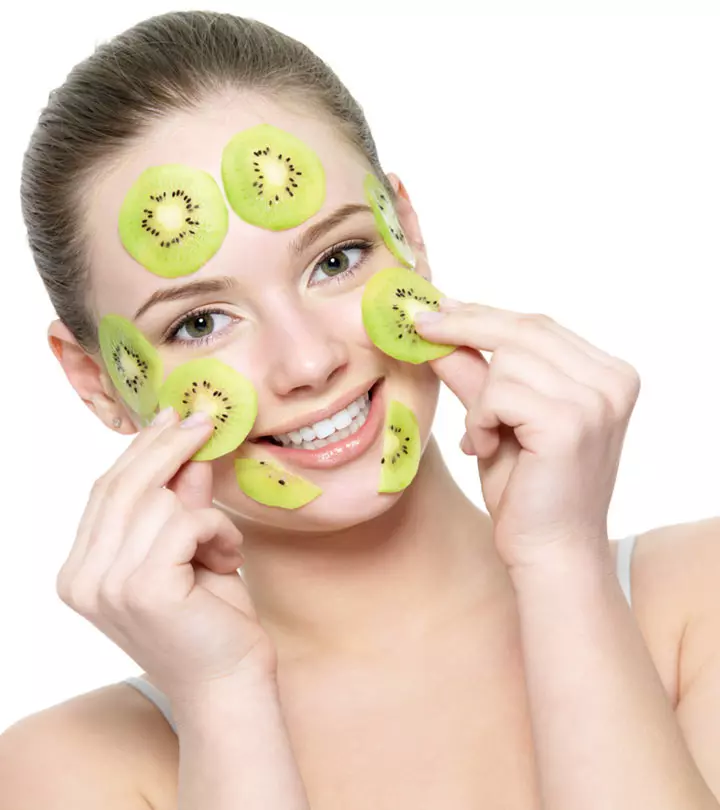
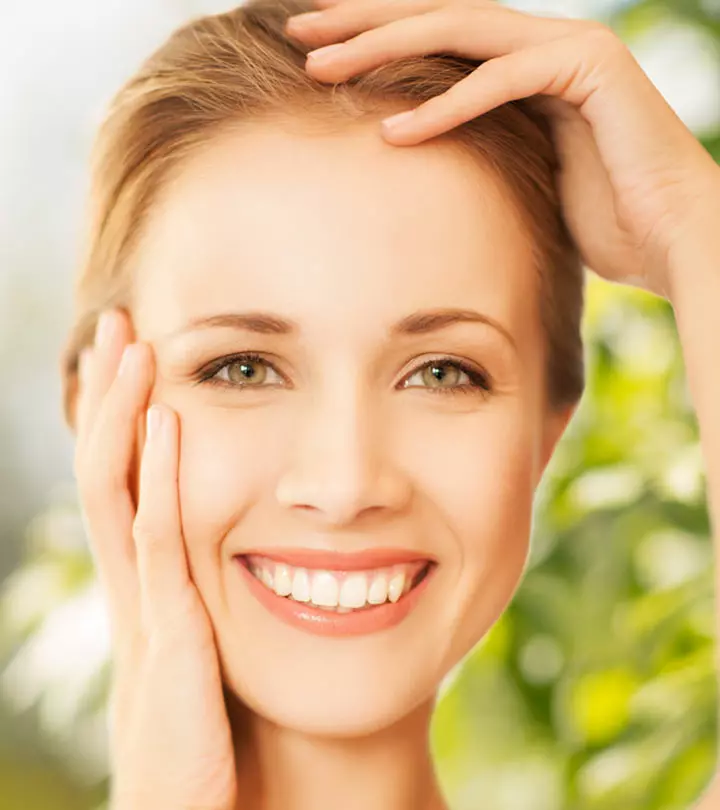
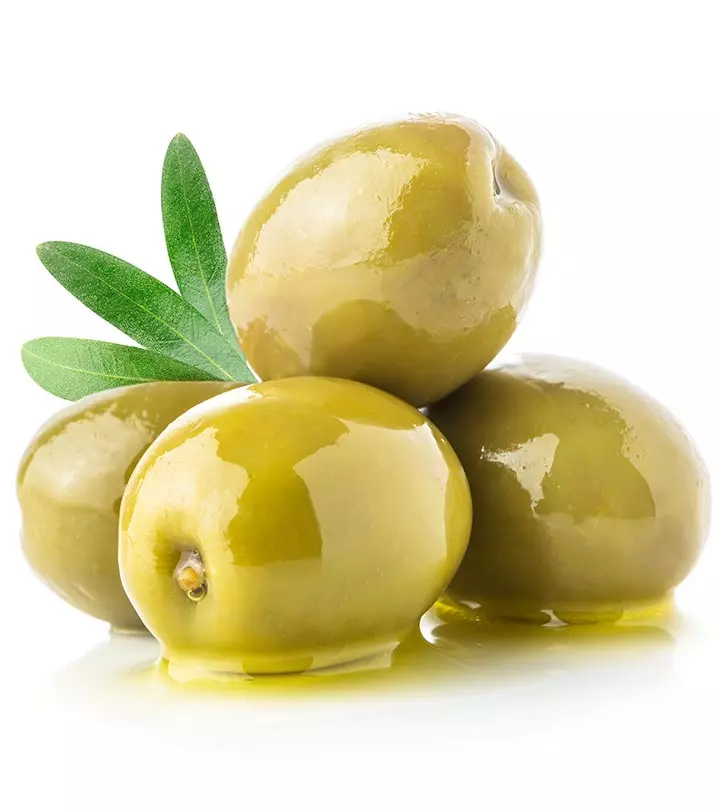

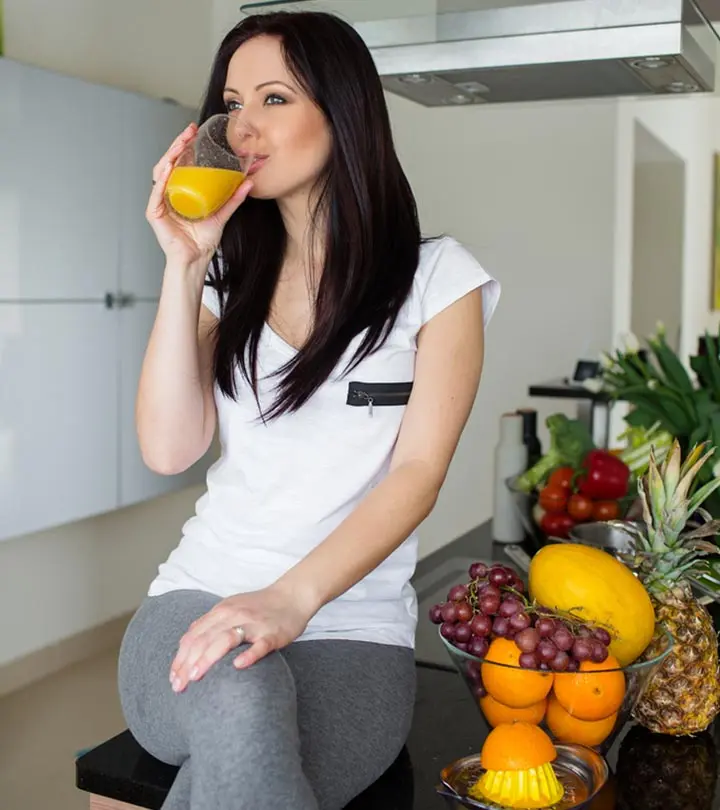
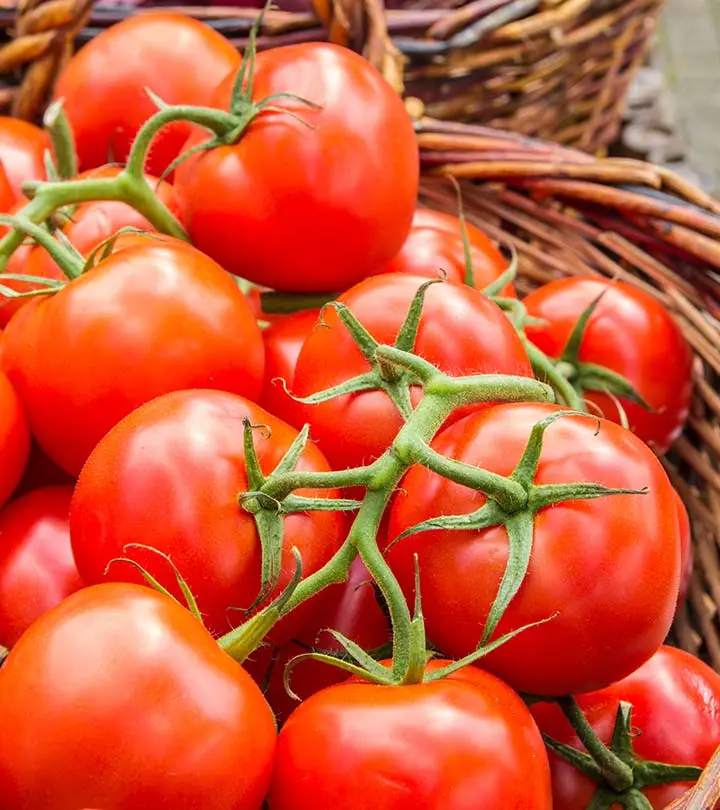
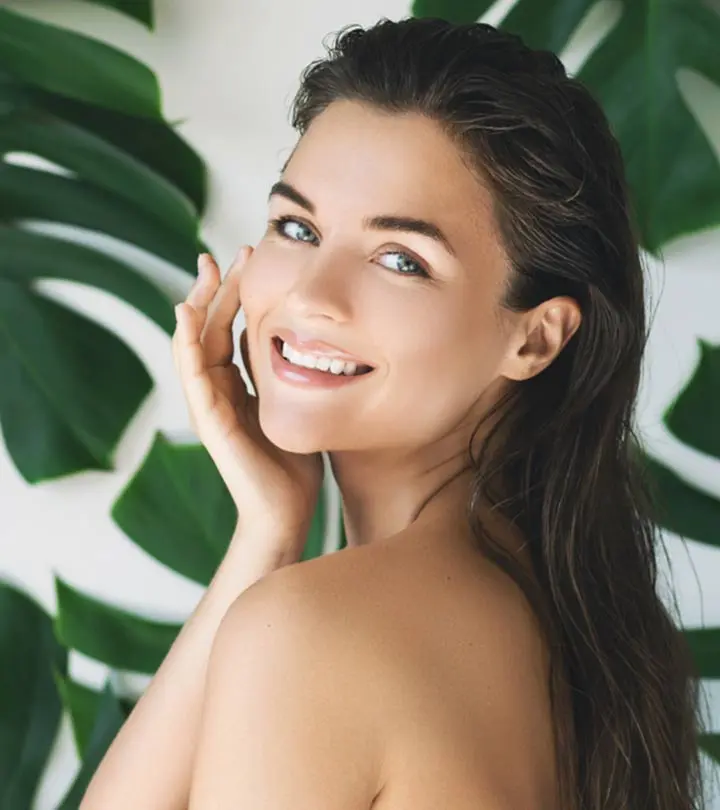
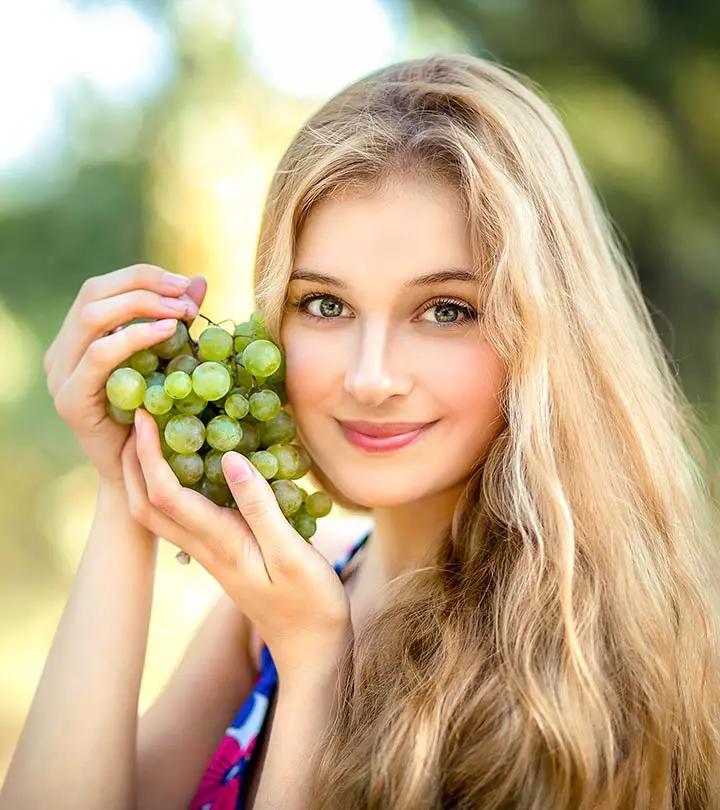
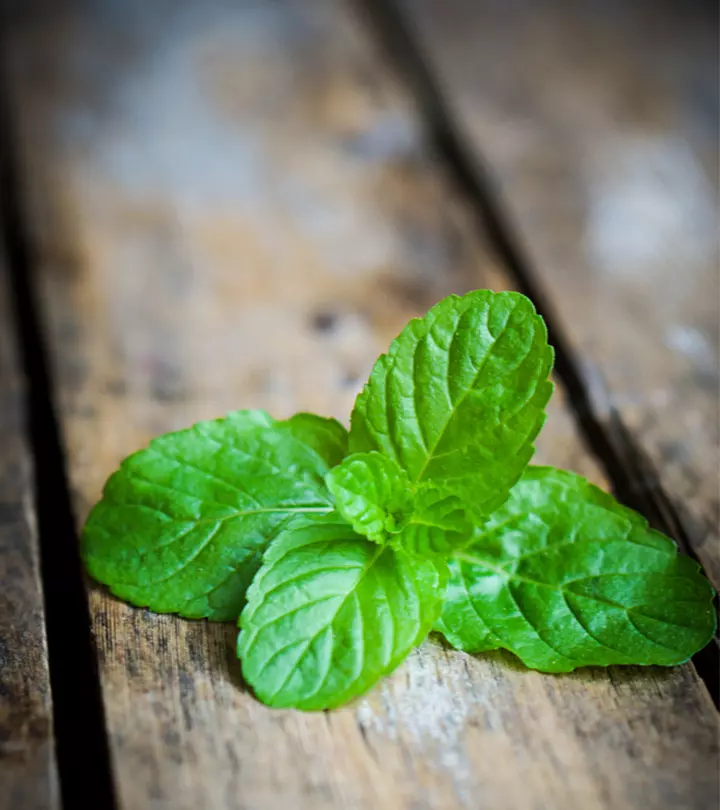
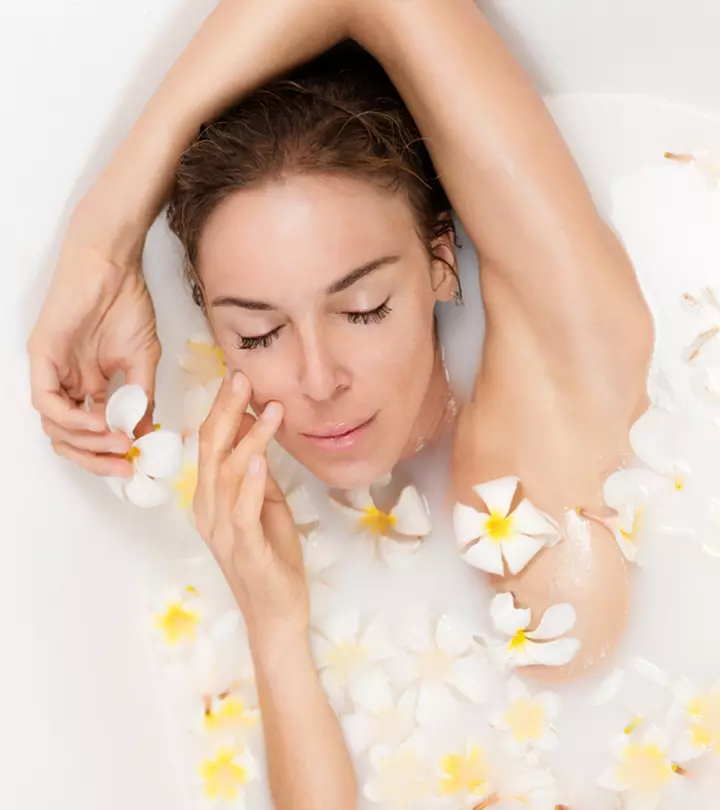
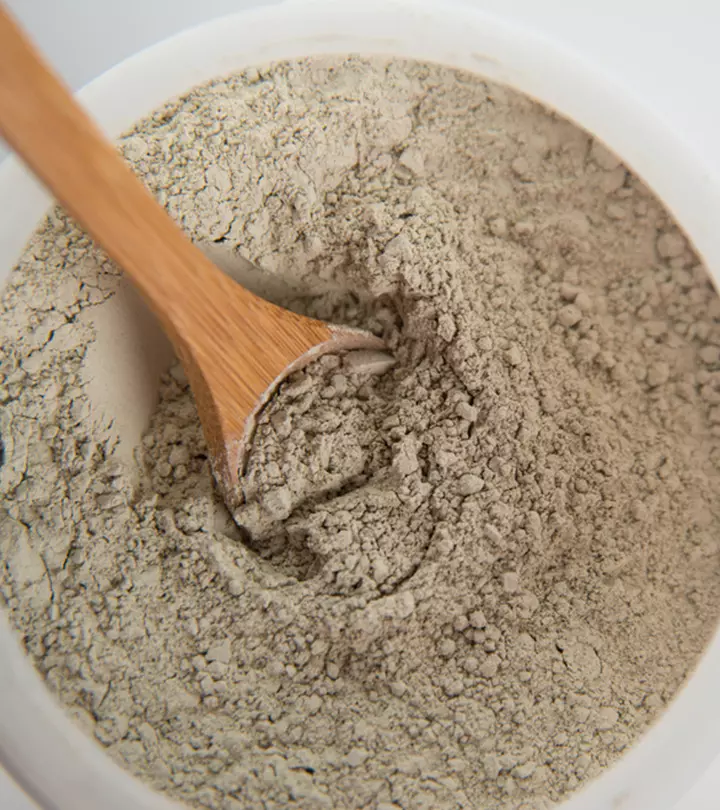
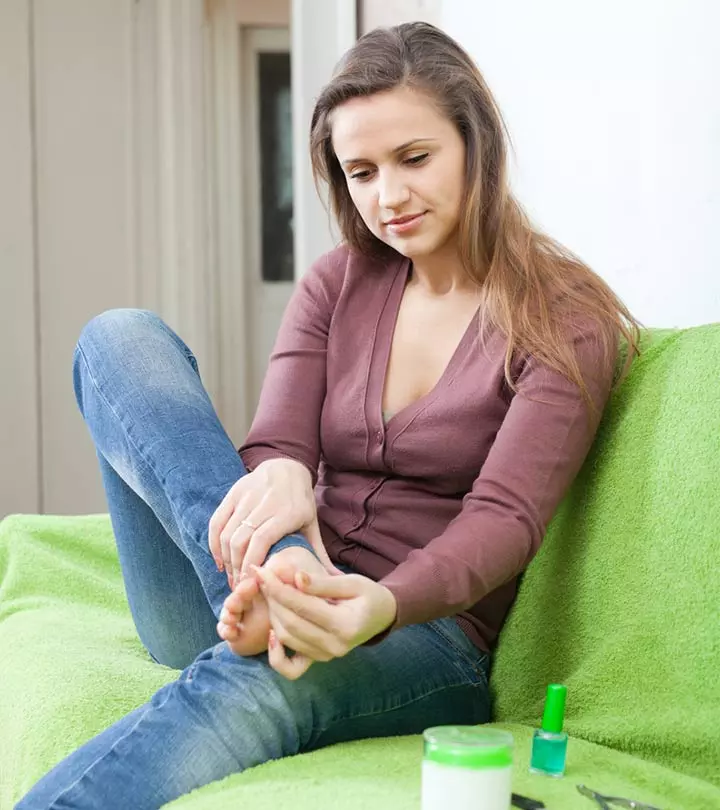
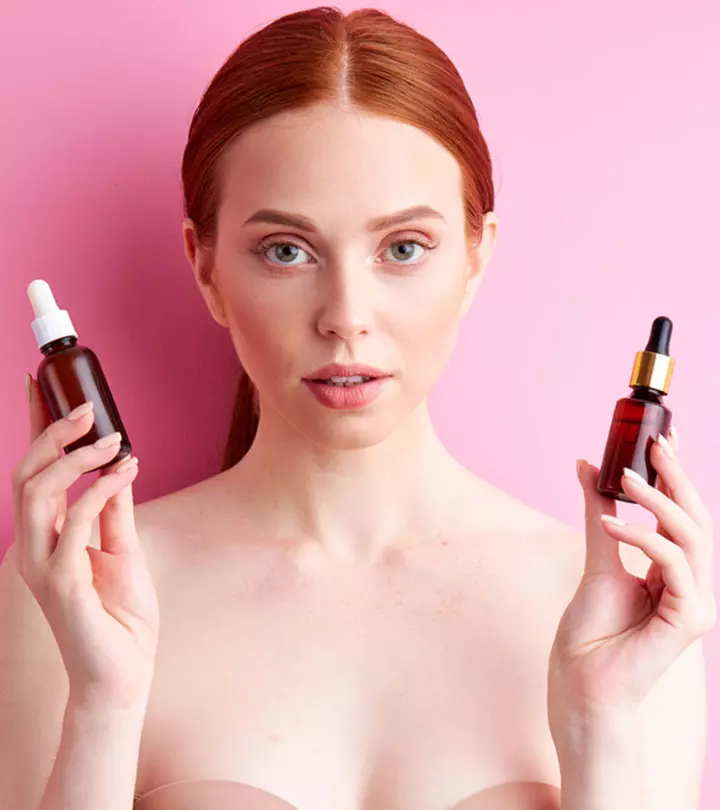
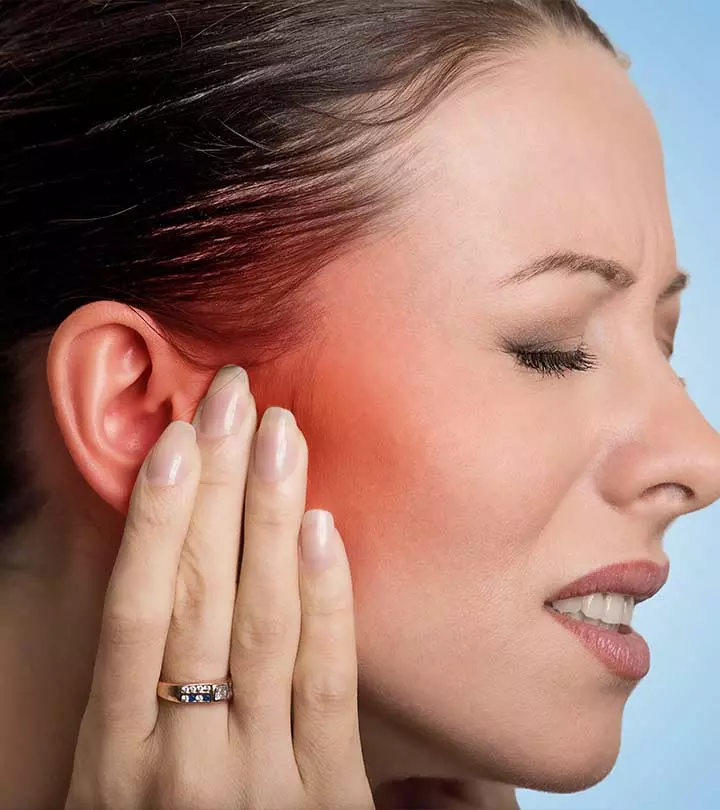
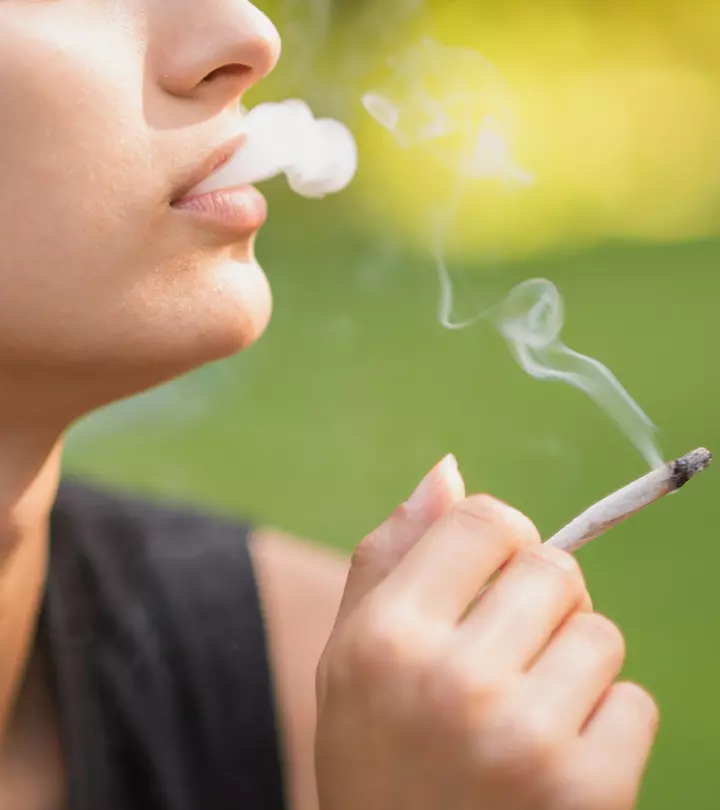
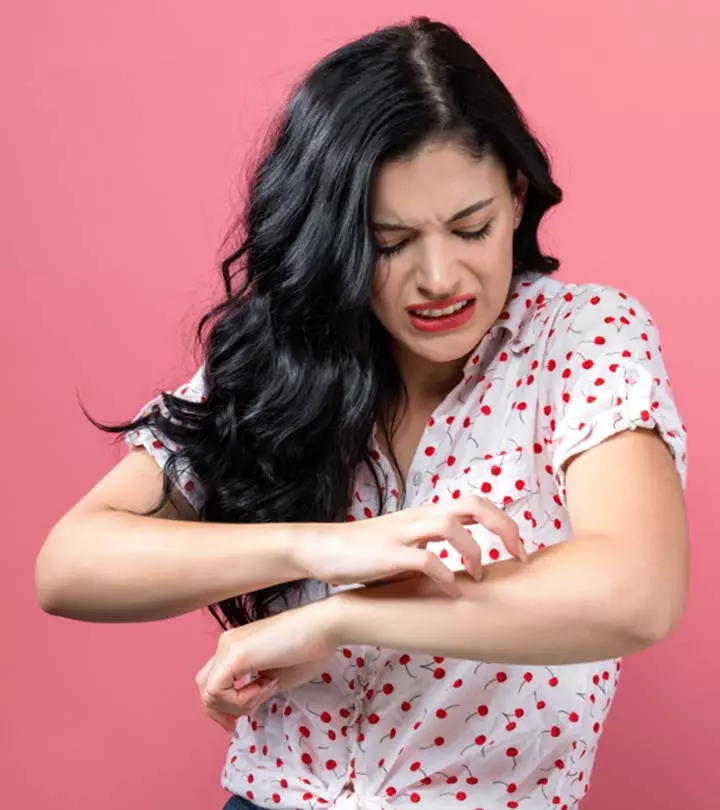
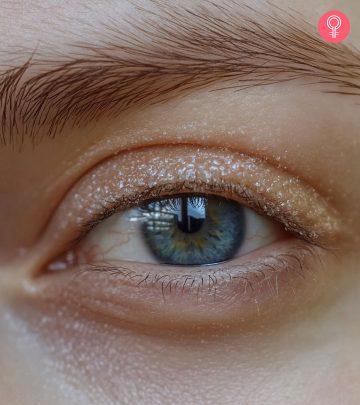
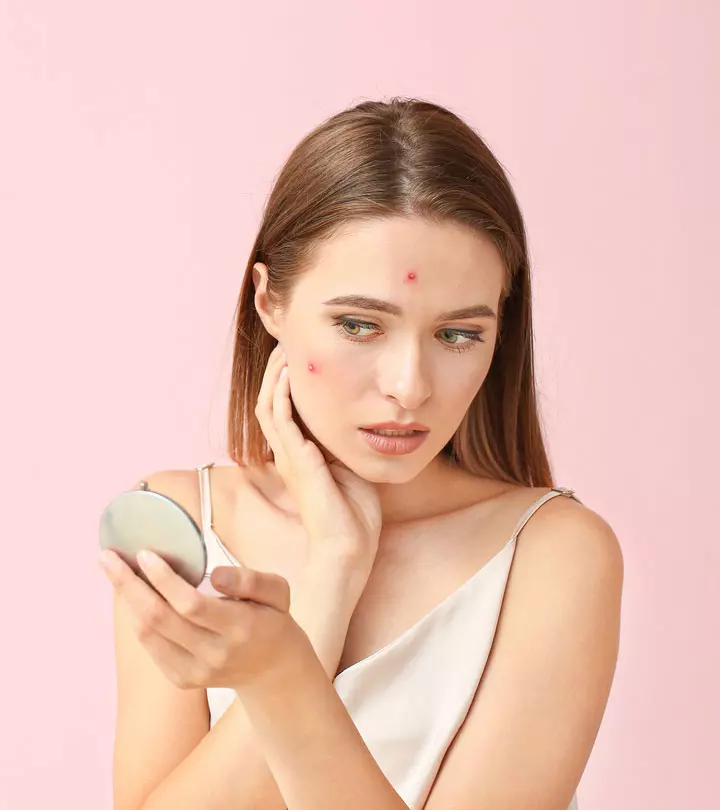
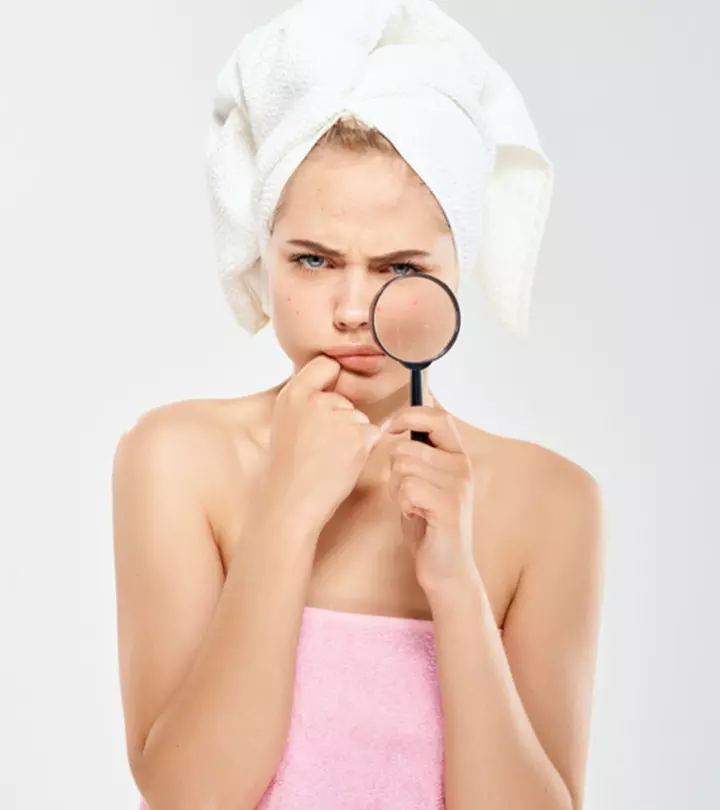

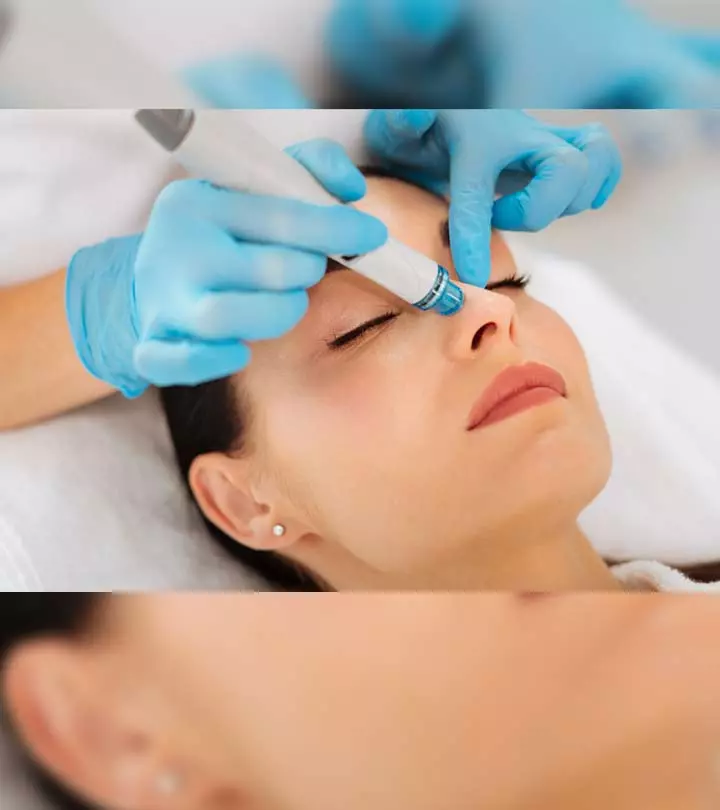
Community Experiences
Join the conversation and become a part of our empowering community! Share your stories, experiences, and insights to connect with other beauty, lifestyle, and health enthusiasts.